What’s the Buzz
The Bee Healthy Blog
Neurofeedback to Treat Depression and ADHD
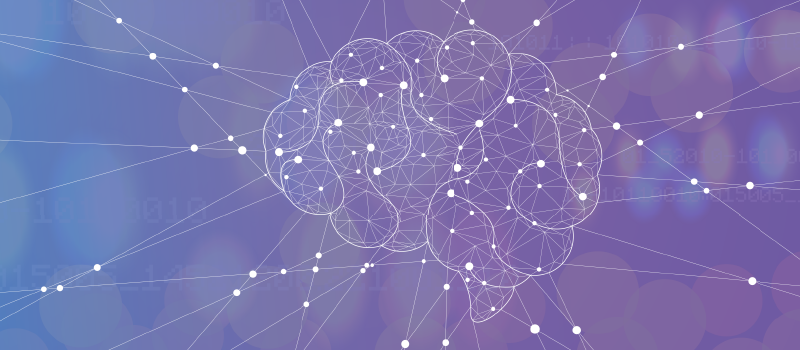
There are many alternatives to medications when it comes to treating cognitive disorders. Whether or not they work is to be determined. Neurofeedback is a fairly new method of treatment also known as "brain training" in which the brain is re-trained to focus. This method is being used to treat children and adults with ADHD and adults with depression. The goal is for patients to maintain a healthy lifestyle at home, work, and school without depending on medications.
The Process
First, the patient's brain is mapped using an electroencephalogram (EEG) machine, creating a baseline of neural connections. The results are shown as a color-coded map on a computer screen, which indicates where there is too much or too little brain-wave activity. This digital map enables a person’s brain activity to be compared with other brain-wave patterns stored in databases and can help fine-tune a treatment plan by defining sites for the electrodes.
Through a series of sessions, the patient wears the EEG head gear while completing tasks that require concentration, such as in a video game. When a certain level of concentration is reached, the patient experiences a reward that might be a pleasant sound or a goal achieved within the game. The software generating the game monitors and records brain activity and loss of focus causes the game to stop. It plays only when the patient exercises that portion of the brain that is deficient in focus. Through this process, it's thought that the brain is "trained" to feel concentration and create a positive experience during moments of focus.
Pros and Cons of Alternative Treatments
The goal of neurofeedback is to treat ADHD and other cognitive disorders without drugs. Medications that treat these conditions can be expensive, so it may save you money in the long run to invest in alternative treatments, like neurofeedback. This "brain training" is quite costly, however, and can require 20-40 sessions to be successful. Not only are the sessions themselves expensive, but there are extreme risks when attempting to stop taking important medications. Neurofeedback has shown positive results over time but stopping an ADHD or antidepressant medication can have serious consequences.
Treatments that Work
1. Medication:
ADHD, anxiety, and depression have traditionally been treated using medications that affect chemicals in the brain to lessen symptoms. The benefits of these medications likely outweigh the side effects and work over a period of time.
2. Therapy:
Occupational therapy and other behavioral therapies are used along with medications to treat ADHD, anxiety, and depression. Counseling can help patients deal with stress and other symptoms, including side effects of the medications.
3. Diet and Exercise :
A healthy lifestyle that includes a regular exercise regimen and healthy nutrition plan can lessen symptoms of ADHD, anxiety, and depression. Many patients choose to restrict certain foods to lessen symptoms, including caffeine and dyes. Regular exercise can release endorphins that boost the mood, improve focus, and lessen sleep problems.
When you're considering treatment options for yourself or your family, make sure to involve your support system and your physician. Even alternative methods, no matter how promising, should be discussed with your doctor.
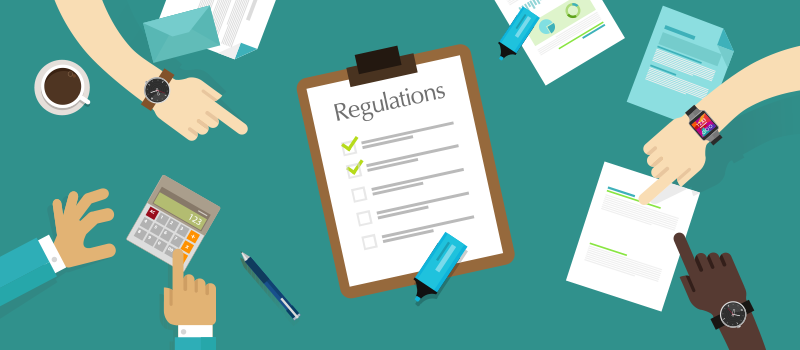

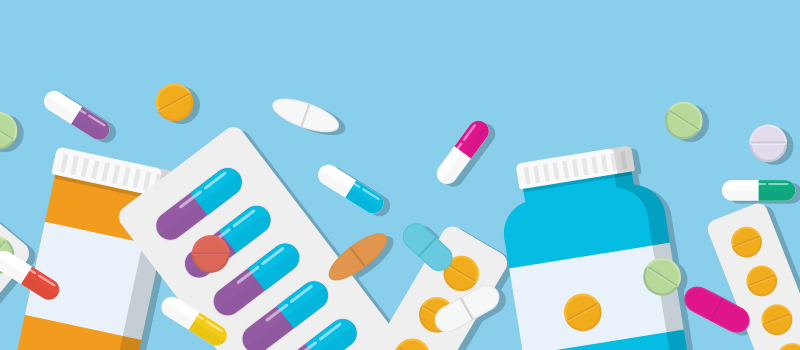
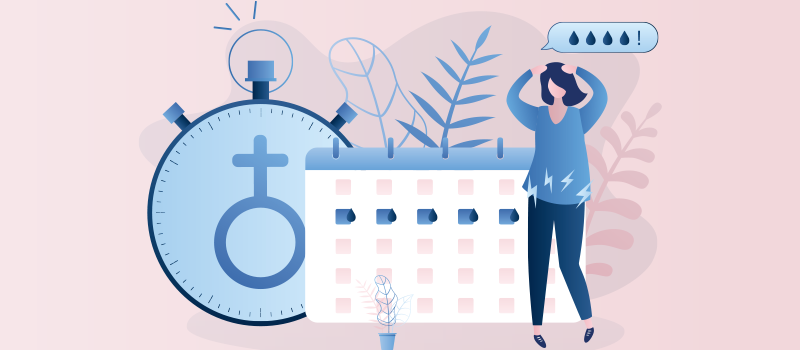


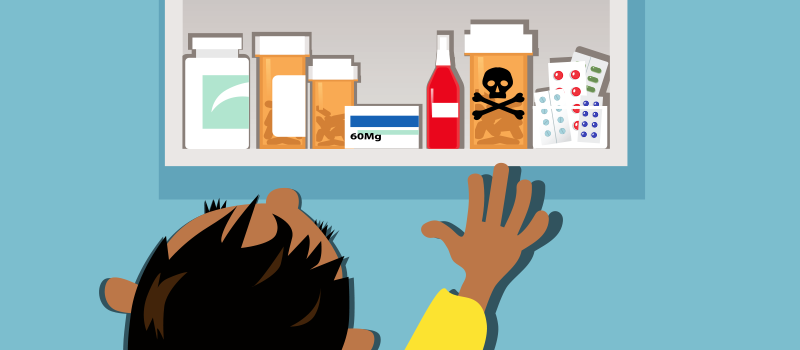
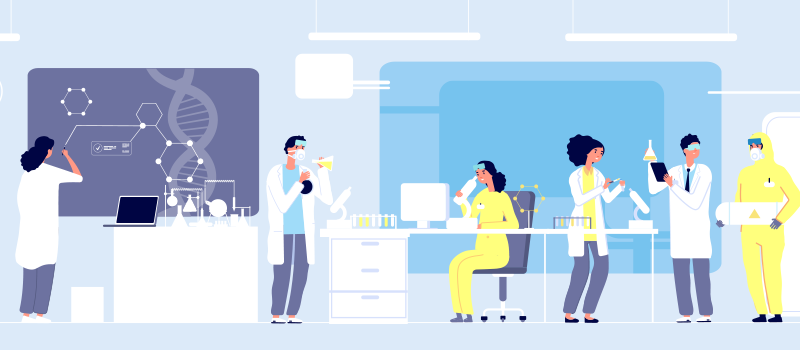
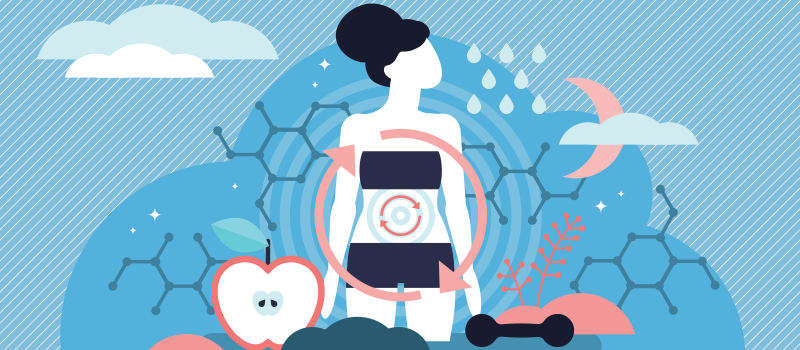


SOCIAL